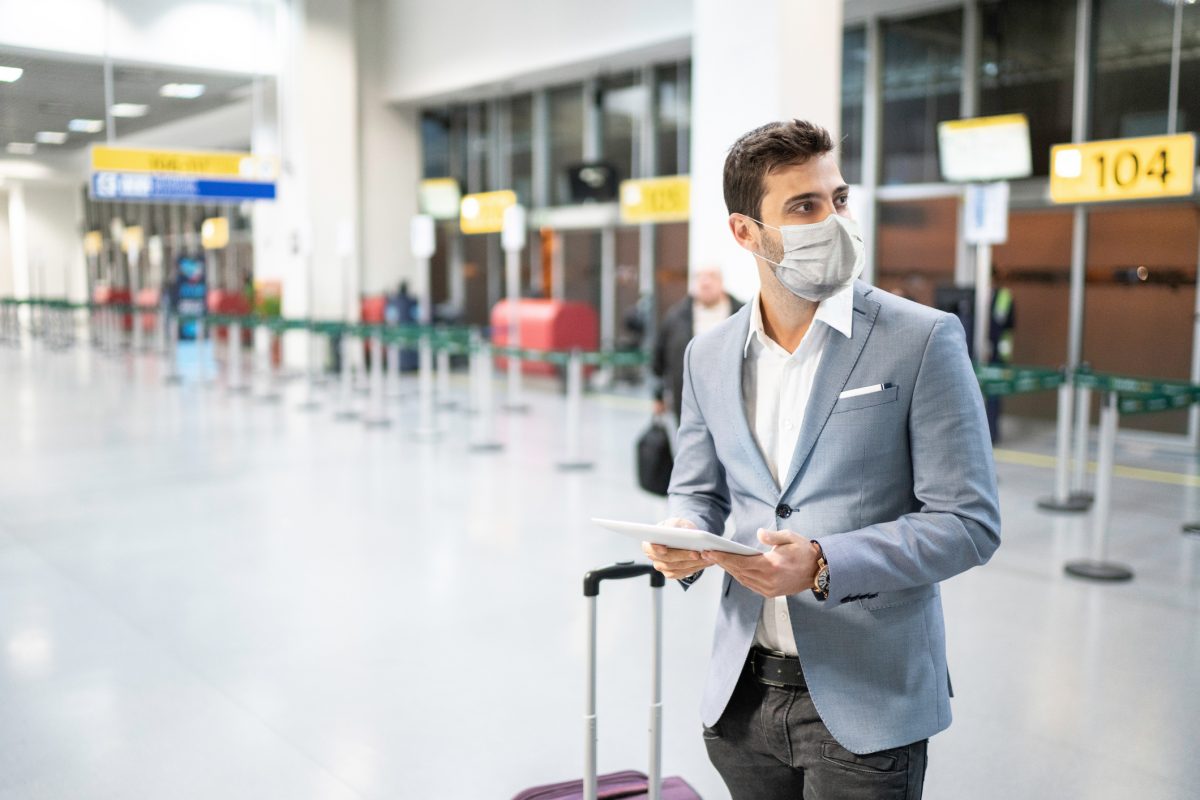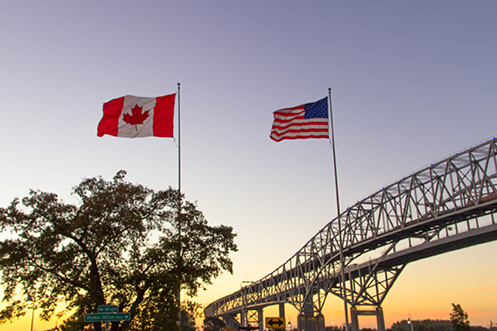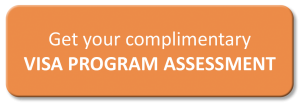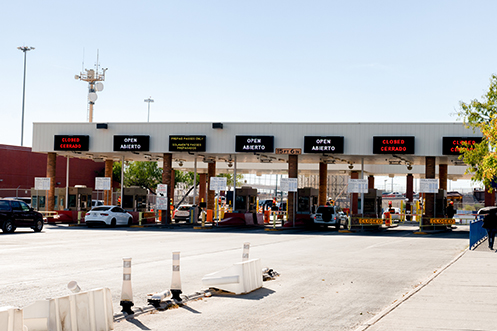For business travelers, constant change is the message for airline travel during the COVID-19 pandemic. Flight rescheduling and cancellations, questions as to the ability to receive a refund, the inability to reach a destination due to local restrictions, and shifts in business priorities result in continual disruptions. It is difficult to predict the “new normal” for anything related to airline travel.
Airlines for America (A4A), the industry trade organization representing the leading U.S. airlines, has been working with its members to develop and enforce new policies. Changes abound in requirements, cleanliness, food offerings, and service centers all across a traveler’s journey. However, major airlines seem to be coalescing around a few main points for the summer travel season.
Get Ready to Wear a Mask for Airline Travel
Much of the US is still grappling with the concept of mask wearing. Some governmental units require masks, while others do not. Major airlines recently took the proactive approach of requiring masks for entry onto a plane. Additionally, many major airports also require masks in terminals, security and gate boarding areas, and around areas such as car rentals, trams, buses, and trains.
American
American requires customers to wear a face covering while on board aircraft and at the gate. Customers will receive notices and reminders of the policy at the airport and during the flight. Customers who do not comply will not be able to board a plane, and may be denied future travel with the airline.
Exceptions:
- Some passengers are exempt from the face covering requirement
- Policy does not apply while customers are eating or drinking
Delta
Delta requires all customers to wear a face mask or appropriate face covering. Face coverings will be required starting in the check-in lobby. This requirement will carry across all Delta touchpoints. As a result, face masks are required at Delta Sky Clubs, boarding gate areas, jet bridges, and on board the aircraft. Delta is adding digital notifications, signage, and announcements starting before customers leave home and all during their airline travel with Delta. Delta will refuse to allow flyers without masks to board flights, and will add them to a “no-fly list.”
Exceptions:
- People unable to keep a face covering in place, including children
- During meal service
United
United requires all passengers to wear a face covering onboard its flights. Passengers who do not comply will be placed on an internal travel restriction list. Customers on this list will lose their travel privileges on United for a period of time. The duration of time will be determined pending a comprehensive incident review.
Exceptions:
- Individuals who have a medical condition or a disability that prevents them from wearing a face covering
- Those who cannot put on or remove a face covering themselves
- Small children
- When eating or drinking
You May (or May Not) Notice Safety Barriers During Airline Travel
Similar to various shields and barriers you might see at salad bars, the grocery store, or perhaps visiting a teller at a bank, you may notice new safety barriers in place. Often made of plexiglass, these clear shields provide a barrier between people in those places where social distancing may be difficult. Plexiglass is both sturdy and translucent. Therefore, plexiglass may appear as clear as glass and is often designed to blend into its setting. Ideally, the barriers will offer safety without comprising visibility.
For example, Delta’s Flight Product subsidiary designed and manufactured custom safety barriers made of plexiglass for check-in desks in lobbies, gates, and Delta’s Sky Club counters. United notes that it has installed sneeze guards at check-in and gate podiums. American is installing commercial-grade shields at ticket counters.
Greater Cleanliness Standards in Airline Travel
Anyone who partakes in airline travel will inevitably see a greater emphasis on sanitation and disinfection. These measures are being instituted throughout the entire industry. Therefore, planes, jetways, gates, lobbies, doorways, and clubs—in fact, nearly all areas from start to end have heightened cleanliness.
American
American has increased cleaning and sanitizing of all areas including kiosks, ticket counters, passenger service counters, baggage service offices, lounges, clubs, gates, boarding areas, and planes. It has also added hand sanitizing stations and dispensers before and after security areas in certain locations, as well as on flights. American is working with Vanderbilt University Medical Center for guidance on health issues and cleaning procedures. Importantly, American is seeking GBAC STAR™ Accreditation from the Global Biorisk Advisory Council to ensure the airline has the proper procedures to respond to biological threats like COVID-19.
Delta
Delta is sanitizing every flight using electrostatic sprayers. The airline is using the same procedure for Reservation Centers, employee work areas, break rooms, lounges, and office spaces. Delta Clean is the airline’s new standard of clean for its airline travel customers. Noticeable additions include hand sanitizer at various touchpoints, and disinfecting surfaces across the airport experience.
United
United CleanPlus℠ is the airline’s joint program with The Clorox Company to redefine all of their cleaning and disinfecting procedures. In addition to working with Clorox, United is also working closely with experts at the Cleveland Clinic for advice on enhancing COVID-19 cleaning and disinfection protocols with a focus on safety for employees and customers.
What Should Employers do About Airline Travel?
Companies should review their current travel policy and relocation program to determine if they are using the best travel tools. RMCs with expertise and experience in travel policies for relocation programs are a valuable resource for policy reviews that will help business travelers and companies respond to airline travel that is subject to change. Companies should schedule a policy review on a regular basis. This will help them learn about the latest features to streamline and enhance reporting and compliance requirements.
Conclusion
Global Mobility Solutions’ team of corporate relocation experts has helped thousands of our clients benchmark their relocation program and incorporate the best travel tools into their business travel policy. Our team can help your company understand how to provide the best travel tools for your traveling employees who must arrange airline travel during the COVID-19 pandemic.
GMS was the first relocation company to register as a “.com.” The company also created the first online interactive tools and calculators, and revolutionized the entire relocation industry. As a result, GMS continues to set the industry pace as the pioneer in innovation and technology solutions with its proprietary MyRelocation® technology platform.
Learn how to incorporate the best travel tools that will help with airline travel changes into your company’s relocation program. Contact our experts online or give us a call at 800.617.1904 or 480.922.0700 today.
We're Here to Help! Request a Courtesy Consultation
Are you ready to talk to a Mobility Pro? Learn how GMS can optimize your mobility program, enhance your policies to meet today’s unique challenges, receive an in-depth industry benchmark, or simply ask us a question. Your Mobility Pro will be in touch within 1 business day for a no-pressure, courtesy consultation.




